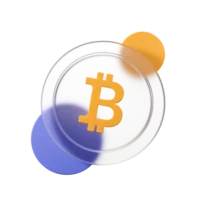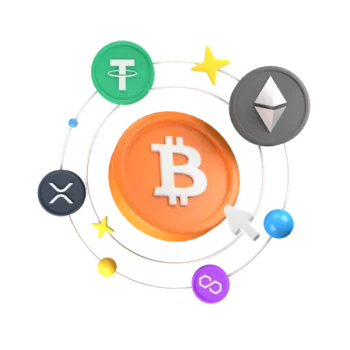Forward Contract
Forward contracts are essential financial instruments used by investors and businesses alike to manage risk. By locking in a price for future transactions, forward contracts help protect against unpredictable market fluctuations.
What is a Forward Contract?
A forward contract is a customized agreement between two parties to buy or sell an asset at a predetermined price on a specified future date. These contracts are often used to hedge against future price fluctuations in various markets, such as commodities, currencies, and securities. Unlike standardized contracts, forward contracts are privately negotiated and traded over-the-counter (OTC), meaning that the terms are customizable.
Key Features of Forward Contracts:
- Customization: Forward contracts are highly customizable, allowing both parties to tailor the contract to meet specific needs, such as contract size and delivery date.
- Non-standardized: Unlike futures contracts, forward contracts are not traded on exchanges and are private agreements.
- Obligation to Settle: Both parties are legally obligated to fulfill the contract on the specified settlement date.
How Do Forward Contracts Work?
A forward contract functions by agreeing to buy or sell an asset at a future date for a price set today. This price is known as the “forward price.” Let’s break it down with an example:
Example of a Forward Contract:
An investor agrees to buy 1000 barrels of oil at $60 per barrel, to be delivered in three months. The contract locks in this price, protecting the investor from future price hikes.
In three months, if the price of oil rises to $70 per barrel, the investor benefits from paying only $60 per barrel. On the other hand, if the price falls to $50 per barrel, the investor will still have to pay $60 per barrel, even though the market price is lower.
Benefits of Forward Contracts for Investors in 2024
Price Protection
One of the primary benefits of using a forward contract is the ability to lock in a price, offering protection from adverse price movements. For example, a business can secure a forward contract to purchase raw materials at a set price, ensuring that they are not affected by volatile market conditions.
Hedging Risk
Forward contracts are frequently used as a risk management tool, especially for companies involved in international trade. Investors can hedge against currency risk, interest rate fluctuations, and commodity price shifts. By entering into a forward contract, they can eliminate the uncertainty of future costs.
No Upfront Payment
Unlike options contracts, forward contracts require no upfront payment, making them an attractive option for those who want to hedge their positions without paying a premium. This makes them more accessible for smaller investors.
Customizable Terms
Unlike futures contracts, which are standardized, forward contracts allow for greater flexibility. You can adjust the terms of the contract, including the delivery date, asset quantity, and price, making them highly adaptable to the investor’s specific needs.
Avoidance of Exchange Fees
Since forward contracts are not traded on exchanges, investors avoid paying exchange fees and commissions. This can reduce the overall cost of the transaction, especially for large trades.
How to Calculate Forward Contract Price
To calculate the price of a forward contract, the following formula is generally used:
Forward Price Formula:
Forward Price = Spot Price × (1 + Risk-Free Interest Rate) ^ Time
Where:
- Spot Price is the current price of the asset.
- Risk-Free Interest Rate is typically the rate of return on a risk-free asset, like a government bond.
- Time is the length of time until the contract matures.
Example Calculation:
If the spot price of a commodity is $50, the risk-free interest rate is 5%, and the time to maturity is one year, the forward price would be:
Forward Price = $50 × (1 + 0.05) ^ 1 = $52.50
In this case, the forward contract price would be $52.50.
Risks of Forward Contracts
While forward contracts offer several benefits, they also come with risks. Since they are not standardized, there is no intermediary to ensure the contract’s fulfillment. This leads to counterparty risk, which means that one party may fail to meet the terms of the agreement. Additionally, if the market price moves unfavorably, investors may face significant losses.
Key Risks Include:
- Counterparty Risk: The risk that the other party may default on the contract.
- Market Risk: The risk that the market price will not move in the direction expected.
Forward contracts are powerful financial tools that provide investors with the ability to hedge risk and lock in prices for future transactions. By understanding how forward contracts work and their key benefits, investors can make more informed decisions about managing price volatility in various markets. While forward contracts offer many advantages, they also come with certain risks, so it’s essential to understand both the rewards and potential pitfalls.








